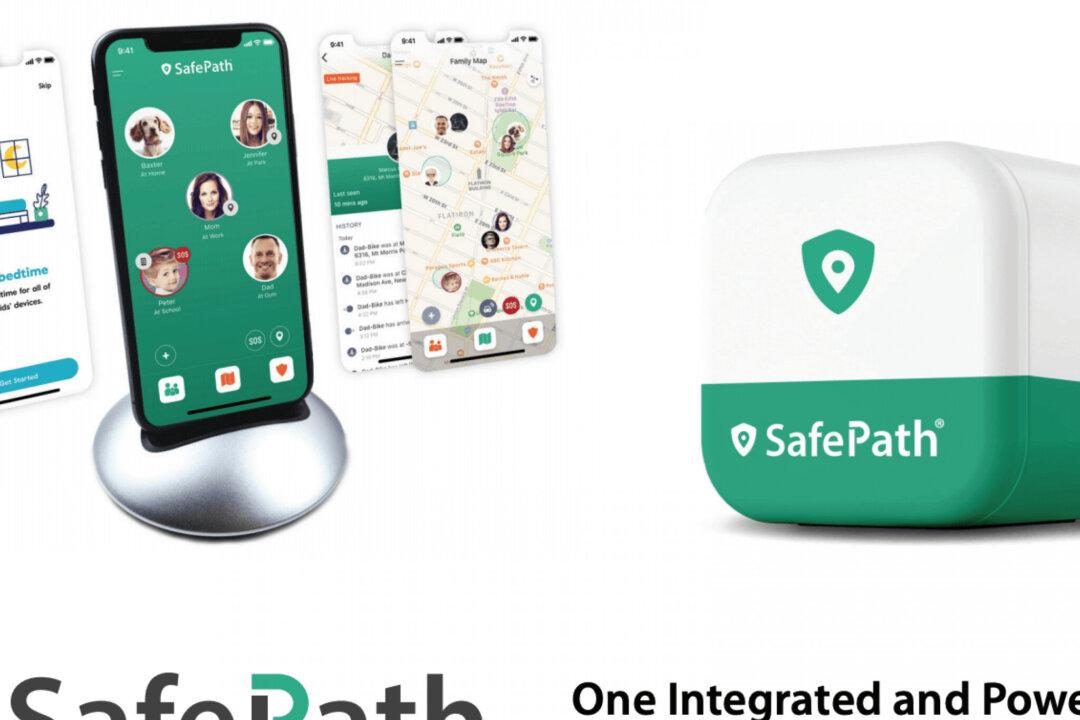– Fundamentals: Q1 revenue beat, net loss in line with expectations
– Catalysts: Revenue from T-Mobile (SafePath7) expected in Q2, AT&T and Verizon to follow

– Fundamentals: Q1 revenue beat, net loss in line with expectations
– Catalysts: Revenue from T-Mobile (SafePath7) expected in Q2, AT&T and Verizon to follow